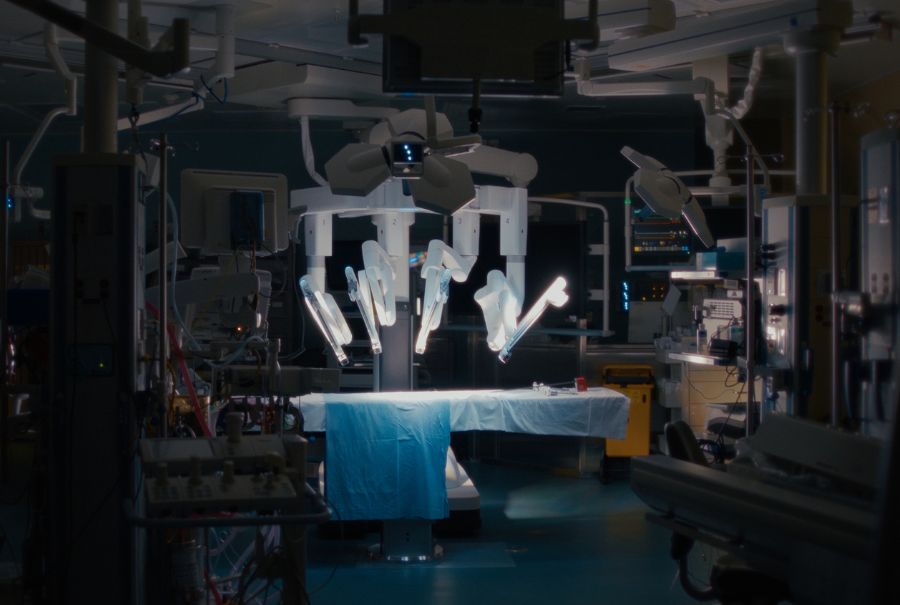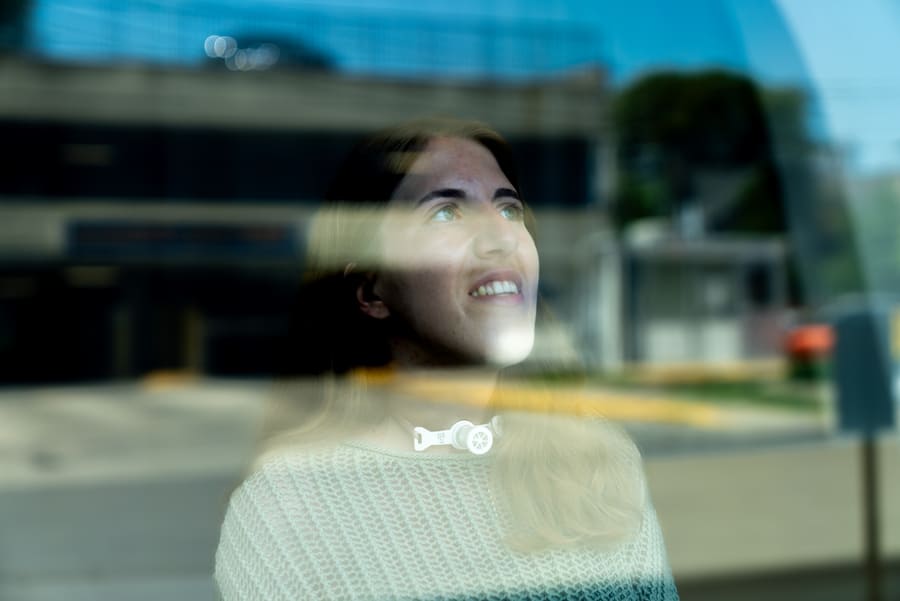
Writing has always been a passion for Macenzie Rebelo, even from a young age. Today, she’s a journalist who focuses on the experiences of people living with invisible illnesses. But before she could amplify those voices, she needed someone to hear her own story of navigating life with lupus.
In late 2017, Macenzie was battling severe joint and body pain, along with a burning sensation in her lungs every time she breathed. She visited multiple doctors as her symptoms worsened, but was often dismissed — told it was likely just stress or anxiety. Finally, after advocating for further testing, Macenzie was diagnosed with systemic lupus erythematosus.

This marked the beginning of her health journey — one that, at first, left her feeling isolated, confused and ignored. “I felt like I was no more than an item on a to-do list for my doctor,” she recalls.
“My mom’s aunt passed away from lupus,” Macenzie says. “It was terrifying, because the way I was being treated wasn’t working — emotionally or physically, it was getting worse.”
Everything changed when she was referred to Dr. Jorge Sanchez-Guerrero and the team at the Lupus Clinic at UHN’s Schroeder Arthritis Institute, located at Toronto Western Hospital. For the first time, Macenzie felt seen and heard. Dr. Sanchez-Guerrero, a Clinician Investigator at UHN’s Krembil Research Institute, listened to her concerns, answered her questions, and worked with her to create a clear, realistic plan for her treatment. She finally felt like a partner in her own care.
“I didn’t always leave the clinic with good news,” she says, “but I always left feeling hopeful.”
Just five months later, Macenzie’s symptoms were under control and she no longer had flare-ups. She’s been in remission for 7 years.
“Systemic lupus erythematosus being in remission is the highest level of clinical control of the disease,” says Dr. Sanchez-Guerrero. “Over the last eight years, Macenzie’s positive attitude and her commitment to appointments, treatment and medical recommendations have played a key role in managing her lupus. She’s an example for other patients with chronic conditions who are committed to regaining their health.”
The Lupus Clinic at UHN is home to the first and largest lupus patient database in North America — one of the largest in the world. Founded in 1970 by clinician-researcher Dr. Murray Urowitz, the clinic pioneered a system of compassionate, individualized care tailored to each patient’s needs and symptoms. It has transformed outcomes for people living with lupus, tested and evaluated new drugs for treating the disease, and changed the way lupus is managed. The Lupus Clinic is the world leader in lupus medical education, training more than 140 fellows from Canada and around the world, and is one of the largest centres for specialized care and research worldwide with 2,200 patients.
A lifelong writer, Macenzie began sharing her story to raise awareness of lupus — particularly during the COVID-19 pandemic, when she was especially concerned about the impact a respiratory virus could have on her lungs. She submitted her experience to Lupus Ontario, and it was published in their monthly newsletter.
The response was overwhelming. Readers from across Ontario reached out to say her words helped them feel less alone and more connected during a time of widespread isolation.

Today, Macenzie’s work as a journalist focuses on disability advocacy, with a strong emphasis on challenging biases around invisible illness. She champions greater representation of people with disabilities in storytelling and media, and continues to spotlight voices that are too often forgotten.
She credits her recovery — and her current state of remission — to the compassionate care she received at UHN.
“It changed everything for me when I finally felt like I had someone on my side,” she says. “I have no idea where I’d be if I hadn’t found them when I did. I’ll always be grateful.”

No one ever changed the world on their own but when the bright minds at UHN work together with donors we can redefine the world of health care together.


